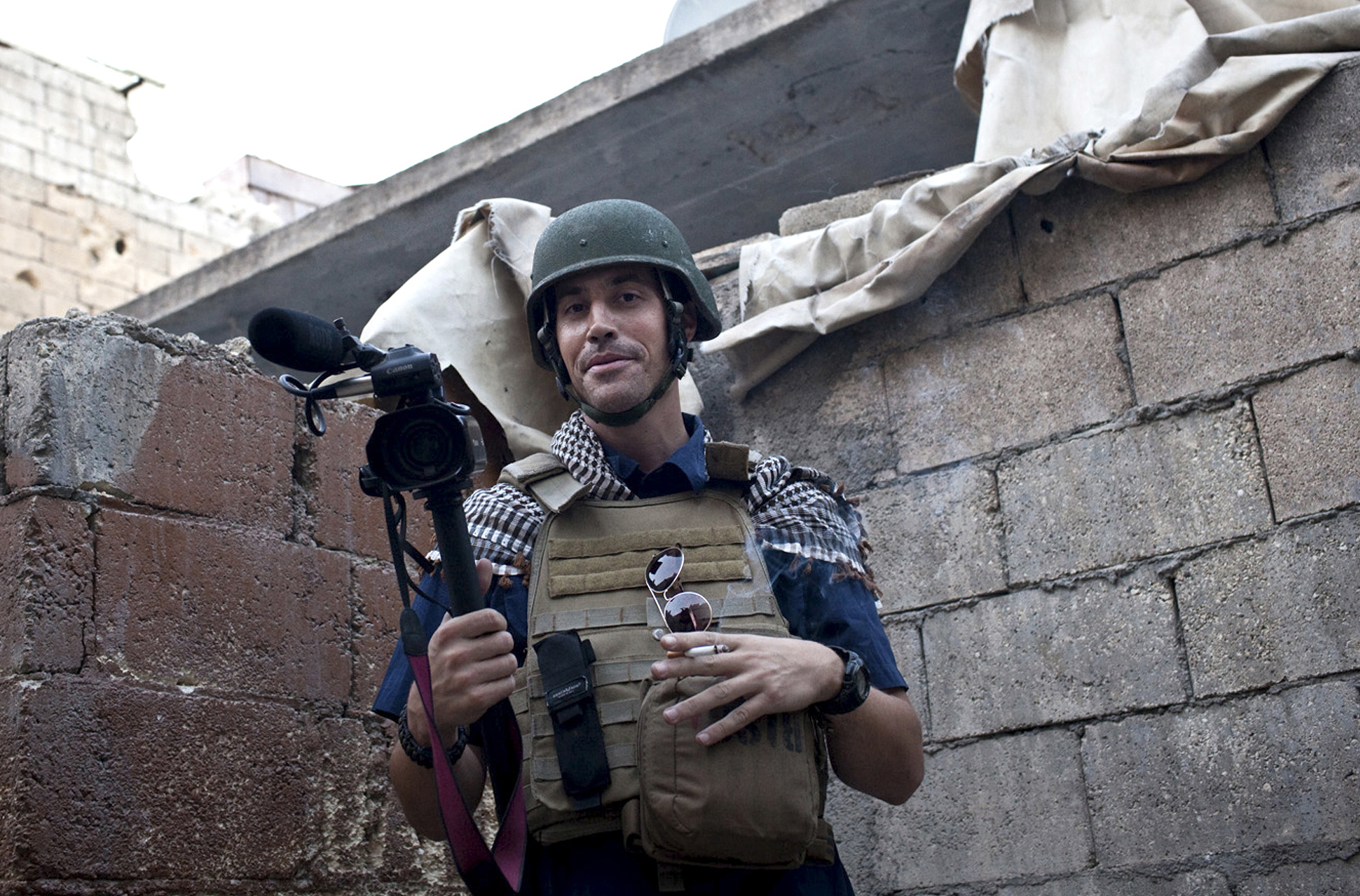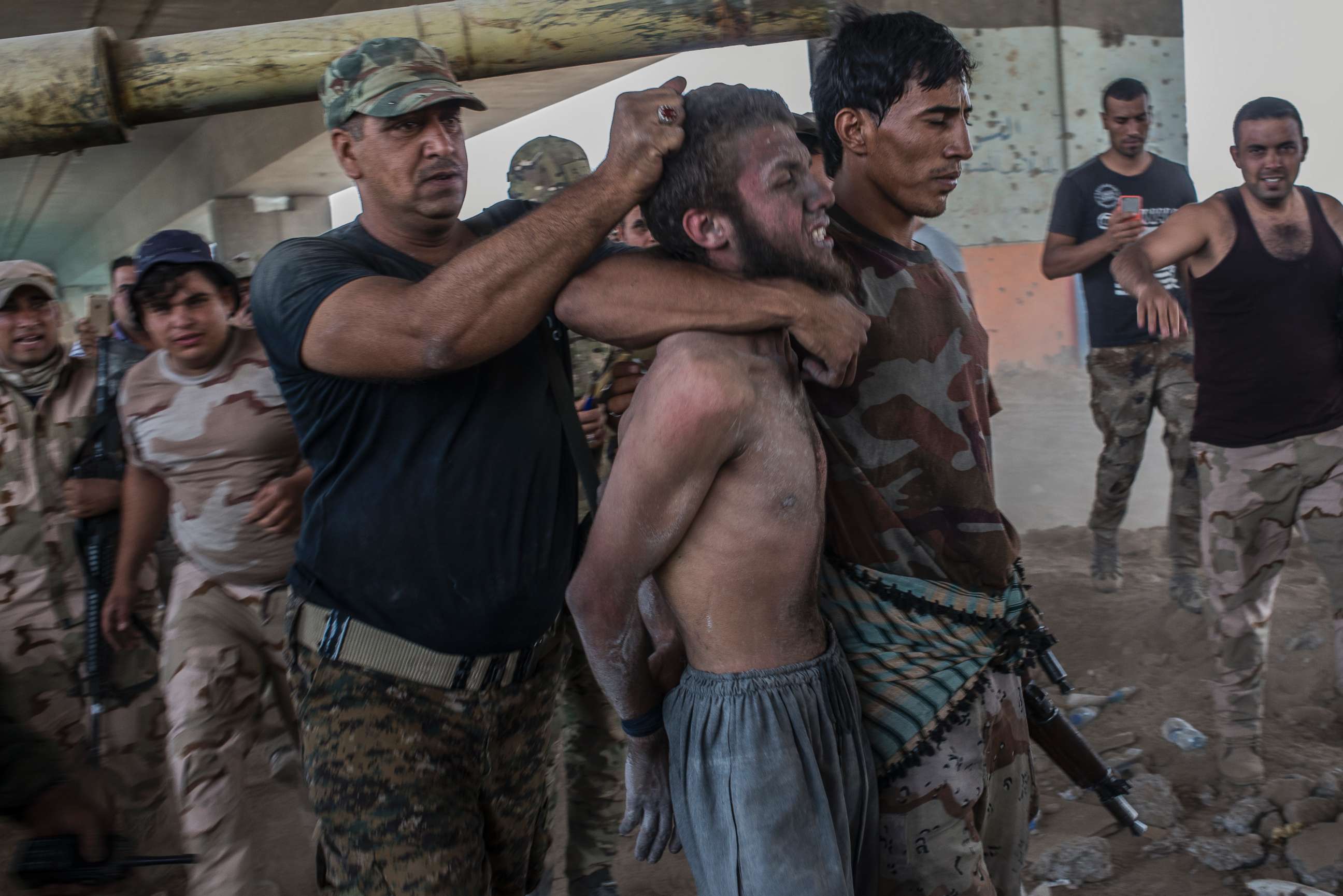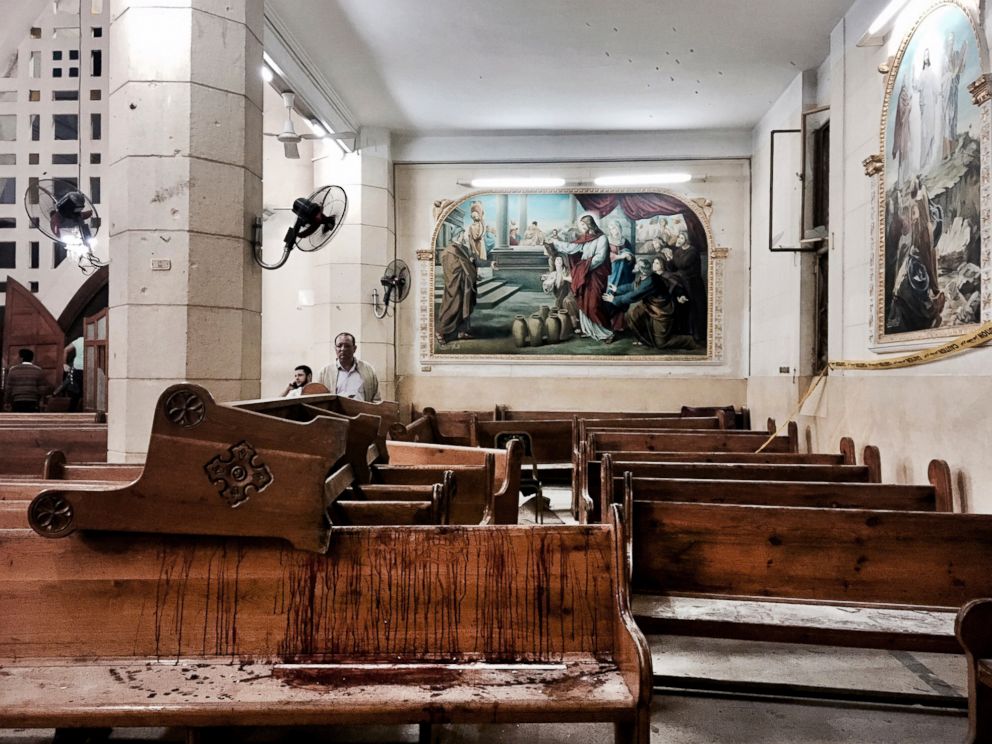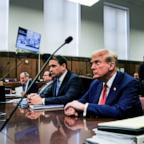US pushes prosecution of ISIS fighters despite allies' reservations, internal dissent, and budget constraints
The U.S. wants allies to accept and prosecute ISIS fighters.
— -- As the fight against ISIS evolves into the next phase, the Trump administration is turning to law enforcement across the world to combat the terror group, but its efforts to prosecute terrorists in court are facing pushback from allies, disagreement within the administration, and the prospect of severe budget cuts called for in its own budget proposal.
Still, the U.S. hosted a two-day summit in Washington this week to advocate for just that - encouraging countries to prosecute their citizens turned foreign terrorist fighters, pressuring them to better share data and information to find and detain terrorists, and calling for the use of sanctions or other legal tools to cut off terror financing.
But so far, the U.S. has not had much luck getting countries to agree to accept their ISIS-affiliated citizens.
"Our friends around the world... shouldn't look to other countries to solve their problems for them," U.S. Counterterrorism Coordinator Nathan Sales told ABC News Wednesday. He wouldn't say whether he or the conference had changed any minds or secured any commitments.
The United Kingdom, for example, has reportedly refused to accept two of the "Beatles," the four prominent British members of ISIS who tortured and beheaded American hostages like James Foley, Steven Sotloff, and Abdul-Rahman Kassig, British hostages, and others. Alexanda Kotey and El Shafee Elsheikh were captured by U.S.-allied Syrian Kurdish forces in January, and they remain in Kurdish custody.

Sales declined to describe "diplomatic conversations we may be having with the Brits," but said the "Anglo-American legal tradition" would deal with the two eventually: "Our commitment is to ensure that they face justice for the crimes they committed," he told reporters Wednesday.
On the U.S. side, the Trump administration is debating whether to prosecute terrorists in court or send them to the detention facility at Guantanamo Bay, even after President Donald Trump signed an executive order to keep the facility open.
Sales said the Pentagon and others are still determining what the criteria will be for transfer to "Gitmo," but a State Department official told ABC News that those pushing for prosecutions are winning the fight so far. An American man arrested for joining ISIS was in federal court in Brooklyn Tuesday, for example.

The U.S. is also concerned that ISIS fighters may join other groups, as many have flocked to Idlib province in Syria -- one of the last opposition holdouts against the Assad regime where moderate rebels and Islamist fighters are allies and enemies. On Tuesday, the top U.S. general for the Middle East -- U.S. Central Command Commander Gen. Joseph Votel -- warned the Senate that places like Idlib were becoming "collection zones for a lot of unsavory organizations, and they will have to be dealt with."
Sales reiterated that concern, noting that while ISIS steals the media attention, "a resilient al Qaeda... certainly has the capability and intent to conduct mass casualty attacks of its own." Oftentimes, in fact, these "battle-hardened veterans who've experienced combat in the war zone might take their talents to other organizations," he added.
But despite the warnings from Sales and others, the Trump administration proposed a 90 percent budget cut to the State Department's Countering Violent Extremism program, from $50 million to $5 million. It's unlikely Congress will accept that cut, but it calls into question the administration's commitment to some of the programs it describes as critical to deal with this threat.
Among those are U.S.-funded programs that work with U.S. cities to facilitate exchanges and share best practices to prevent people from being radicalized and joining a terror group, including in Los Angeles and Anaheim, Calif.; Orlando, Fla.; and Chattanooga, Tenn. - the last two of which joined after suffering terror attacks themselves.
The Trump administration has said the State Department's previous budgets were unsustainable and irresponsible to the American taxpayer and argued that the agency must do more with less and have allies fill in the gaps.

The dispersal of ISIS fighters is also why the administration Tuesday designated seven new affiliates - who have varying degrees of autonomy from core ISIS -- which still has ambitions to carry out attacks around the world, Sales said.
"We’re seeing a decentralized network fan out across the globe to continue the bloody work," he added. But designations are meant to help cut off funding and focus attention on these growing groups.
The new designations are ISIS West Africa, a splinter group from Boko Haram in Nigeria; ISIS Somalia, which broke away from al Shabaab; ISIS Egypt, distinct from the group's affiliate in Egypt's restive Sinai Peninsula; ISIS Bangladesh, responsible for an attack on a deadly cafe in 2016; ISIS Philippines and its affiliate the Maute Group, which seized the city Marawi last year; and Jund al Khilafah Tunisia, in Tunisia.
The State Department sanctioned two ISIS leaders, Mahad Moalim of Somalia and Abu Musab al-Barnaw of Nigeria, on Tuesday as well.




